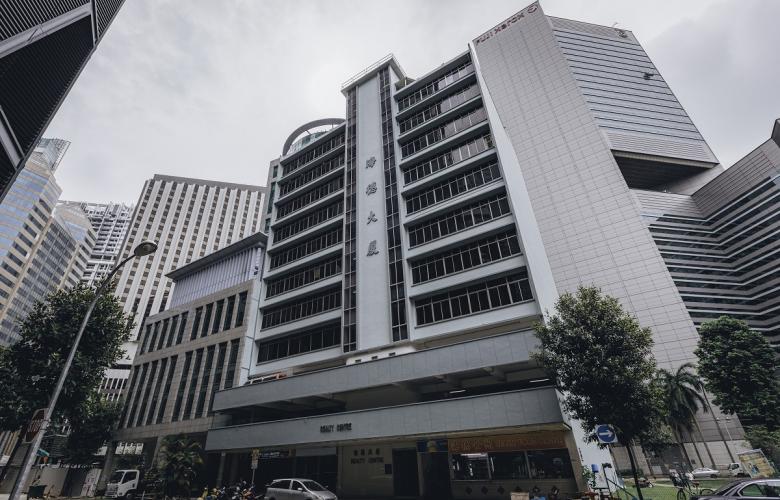Singapore is the top destination for Hong Kong commercial real estate investors based on H1 2019 data
Contact
Singapore is the top destination for Hong Kong commercial real estate investors based on H1 2019 data
Chinese H1 Outbound Investment Plummets to 7-year Low as Debt Clampdown, Economic Headwinds Weaken Growth
Mainland Chinese Real Estate Investment Overseas (MCREIO) plunged to a seven-year low of US$3.8 billion in the first half of 2019, falling 68 per cent over the same period last year amid restrictive outbound investment policies, a tightening lending environment and heightened global economic uncertainty, according to Cushman & Wakefield Research’s latest H1 2019 China Outbound Investment Report.
James Shepherd, Head of Research, Asia Pacific, said “H1 2019 MCREIO transaction volume fell to its lowest point since 2012. Traditionally favoured destinations such as the U.S. and the U.K. have remained quiet as trade friction and Brexit uncertainty has rolled on. Conversely, Singapore started to attract increased attention from Hong Kong investors and may increasingly be viewed as a comparatively safe haven given the challenges some other global destinations are facing.”
Hong Kong investors deployed US$1.4 billion in Singapore commercial real estate, lured by the Republic’s stable political environment and relatively strong office rentals.
Year to date, the value of transactions by Hong Kong investors in Singapore commercial real estate is higher at US$3 billion. Key transactions include Hong Kong investor Gaw Capital Partners’ purchase of Robinson 77 for US$510 million (S$710 million) in February this year. Gaw Capital Partners also led a consortium including Allianz to buy DUO office and retail space for US$1.1 billion (S$1.58 billion). Another Hong Kong investor, Arch Capital Management completed the purchase of Anson House at US$151 million (S$210 million) in August.
Christine Li, Head of Research, Singapore and Southeast Asia said “Some of these Hong Kong investors and funds have been active in Singapore for some time but the advent of the political situation in Hong Kong has coincided with more high-net-worth-individuals and family offices from Hong Kong enquiring on potential purchases.”
There is also increasing interest in retail assets by Hong Kong investors with the recent acquisition of Chinatown Point Mall by Pan Asia Realty Advisors, a joint venture between Mitsubishi Estate and Hong Kong-headquartered CLSA Capital, for S$520.0 million.
Mainland Chinese buyers have also started putting Singapore on their radar for commercial assets. The Place Holdings bought Realty Centre for S$148 million from a commercial collective sale deal. The Place Holdings deals in branding, events management and tourism-related business development and is backed by China's The Place Investment Group.
The report also shows appetite for commercial real estate in other Asian markets such as India, Malaysia and Vietnam from both Mainland Chinese and Hong Kong investors. Still, data points to a slow-down in capital deployed overseas by Hong Kong real estate investors to US$5.2 billion in H1 2019, sliding 31 per cent year-on-year as downward pressures mount. Outbound investment from Hong Kong fell for the sixth consecutive quarter in Q2 in terms of year-on-year growth, recording US$2.3 billion worth of deals in Q2.
For the remainder of 2019, countries linked to the Belt & Road Initiative, as well as Australia are likely to see MCREIO interest. Recent depreciation of the RMB makes overseas assets less attractive at the current time though investors may be encouraged to hold money offshore if they anticipate further decline in the RMB exchange rate.
Shepherd added, “Despite the prevailing difficult outbound investment environment, platform deals are likely to remain attractive to Chinese investors – as will development, senior care, R&D and logistics properties. International real estate for Chinese companies' own use should still see demand where such businesses continue their global expansion, as many such companies prefer to buy rather than lease.”
Source: Cushman & Wakefield
Similar to this:
City Towers in Bukit Timah Road sold through Colliers International Singapore
999-Year Leasehold Strata Offices for sale at Peninsula Plaza
Singapore real estate: an investment magnet amid macroeconomic uncertainties






